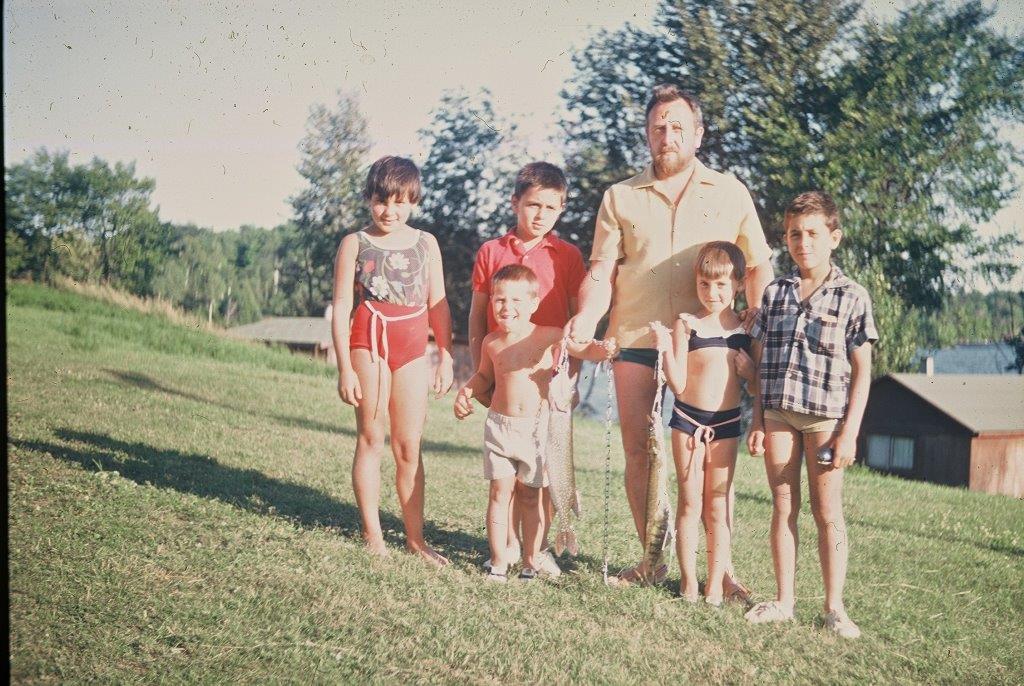Maryann Kerr, Chief Happiness Officer of The Medalist Group Offers insight and tips for managing post vacation let down

You’ve finally had some time to relax. It likely took you a few days, maybe even a week, to wind down from the pace of life at work. Now, as you see the end of your vacation in sight, there is a lingering doubt about whether returning to THIS job is good for you.
According to a Monster.com survey, 70% of people are more likely to look for a new job after they return from vacation.
It makes sense. I’ve certainly experienced this in the workplace. You’ve had a break in your routine, some time to reconnect with family and friends, and to remember what really matters to you. If you work in a toxic environment, your physical, mental and emotional health can all be impacted. Time to relax allows you an opportunity to take stock of life in part because you are not stuck in the weeds at work.
According to Gallup, 80% of the Canadian workforce is disengaged and at least 14% of these are actively disengaged. In a recent survey of employed fundraisers, 51% said they were looking for work. Further we know that 70% of workers say the reason they are looking for work is a bad manager.
How does this impact Canadian society? It means increased mental health concerns, higher prescription drug use and less productive organizations.
According to the Organization for Economic Cooperation and Development, consumption of antidepressants in Canada is the third highest among 23 developed countries with 86 doses consumed daily per 1,000 people. In 2016, 19.0% of Canadians aged 12 and older (roughly 5.8 million people) reported alcohol consumption that classified them as heavy drinkers.
According to behavioral economist Dan Ariely, research published by Just Capital used an index of 80 dimensions of employee engagement from things as simple as good coffee and free milk to salary and incentives. The bottom line? If you treat your community, environment and employees well, based on what matters to them, you will see increased productivity and profit.
So, what can you do now?
- Spend time reflecting on your career so far. What works? What doesn’t? Where do you find meaning and purpose? Can you find these in your current situation?
- Make time with your family and friends a priority and talk with them about how you feel. Seek their advice and counsel.
- Make a plan. Can you facilitate change in your current workplace or do you need to figure out what’s next? Is it time for an exit strategy or might you be able to talk to your employer about some changes that would make work palatable again?
- Brush up your resume and LinkedIn profile. Even if you love your job. Change in the workplace may come, even if you don’t want it, and being prepared helps you to bounce back quickly.
- Meet face to face with contacts who work in the area you hope to move into. Believe it or not, most people are willing to lend an ear and provide advice because they’ve likely walked a day in your shoes.
Change can be scary. Particularly if it is thrust upon you rather than your chosen path.
Remember, you are not alone. Many have, and are,walking a similar path.
The most important advice to remember? There is a community of kindness in every profession. I’ve seen it. Find those people and create your new tribe to thrive.

